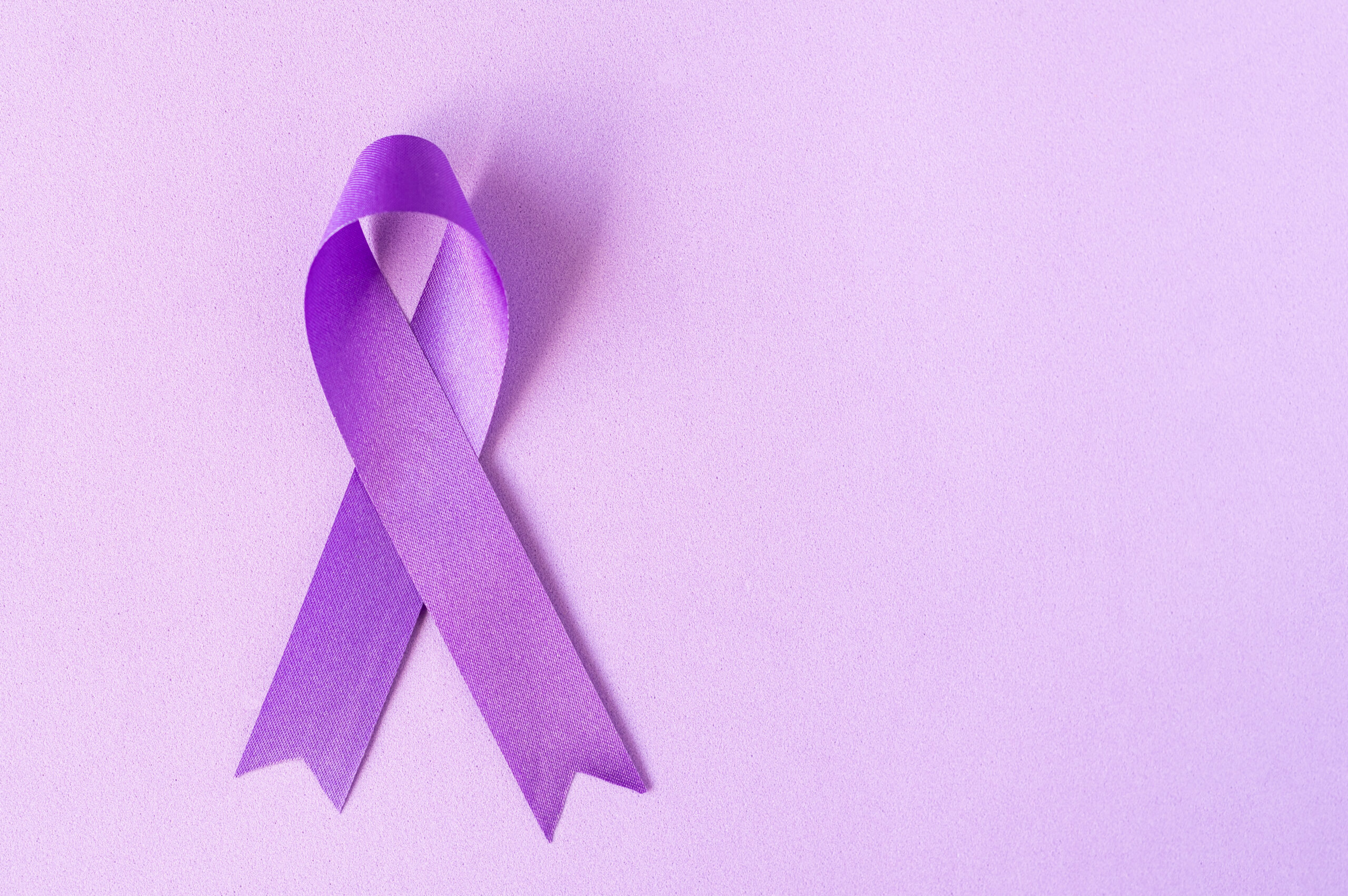Article written by Katherine Thompson, PA-C, provider at Snoqualmie Ridge Urgent Care.
October is Domestic Violence Awareness month, an opportunity for our community to celebrate survivors, empower victims and bystanders, and highlight some important new work at Snoqualmie Valley Health!
Domestic violence is a prevalent social problem, with about 1 in 3 women and 1 in 10 men reporting being victims of physical, sexual, or emotional violence at the hands of a current or former partner during their lifetime. Research also indicates that witnessing violence in childhood increases the likelihood of becoming a victim of violence as a teen or adult. Being in a violent relationship as a teenager further increases the likelihood of other violent relationships as an adult, pointing the way towards the need for consent, boundary setting, awareness, and nonviolent communication skills in our adolescents.
Domestic violence often carries with it certain myths or misconceptions. One of the most prevalent of these is that it isn’t a violent relationship if there is no physical abuse. This is not true – there is a wide spectrum of abusive behaviors that lie outside of physical violence. Recognizing some of these more subtle forms of coercive control can be challenging, so one of the best ways to support potential victims is allowing them a safe space and providing referrals and other experts for support.
The number one fact about domestic violence that is important for us to realize is that these relationships, no matter how violent or awful they might sound like from the outside, are built on a foundation of love, and thus, the process of leaving a violent partner is highly individual, complicated, and very difficult from an emotional perspective. This often requires a multidisciplinary team, including primary care providers, friends and family, law enforcement, advocates, therapists, and many others! The great news is that Snoqualmie Valley Health is taking steps for the remainder of 2024 to build a forensic medicine program right here in the Valley. This program will provide much needed forensic care and close follow-up and support to our community. Stay tuned for more information in future blog posts and website updates!
In the meantime, here are some basics of trauma-informed care and communication that we can all use:
- Trauma-informed communication refers to a theory or philosophy of interaction with other individuals that assumes that they may have experienced trauma in their life and that their actions may be colored by their individual response to that trauma.
- Trauma is highly individual, essentially encompassing any experience that an individual perceives to be highly stressful, potentially life-threatening, or very difficult. We all have different scales for what is traumatizing for us!
- Trauma-informed communication asks you to frame interactions with others from the perspective of:
- Mutuality and collaboration (we’re all on the same team and we share the fundamental quality of being human)
- Safety (physically safe, psychologically safe)
- Empowerment, voice, choice (we all have a voice, we all have a choice in how we act, speak, and decide; empowerment is the action of feeling license to act on that voice and choice)
- A perspective of gender, race / ethnic background, sexual and gender orientation (recognizing that some individuals are going to bring different experiences to the table)
- Trustworthiness and transparency (we do as we say and we say as we do).
And lastly, here are some resources in our community. If you have questions about domestic violence, your primary care provider here at SVH is a great place to start!
Resource List
The Hotline (https://www.thehotline.org/): National anti-domestic violence hotline. Offers online (chat) hotline, 24/7 hotline for referral and support, and lots of other resources and advocacy.
National Resource Center on Domestic Violence (https://www.nrcdv.org/): National resource compilation for domestic violence. A lot of policy and prevention resources, advocacy, and some direct resources to survivors.
Futures without Violence (https://www.futureswithoutviolence.org/health/national-health-resource-center-on-domestic-violence/): Online store for purchasing awareness cards, referral cards, webinars, technical assistance for the interaction between health and DV.
Harborview Center for Sexual Assault and Traumatic Stress (https://depts.washington.edu/uwhatc/): one of the closest, full-time forensic examination locations in the Puget Sound area; also offers extensive counseling, support group, and referral resources.
Love is Respect (https://www.loveisrespect.org/): Teen dating violence awareness and help; offers a 24/7 chat hotline, phone hotline, and countless resources.
Strong Hearts (https://strongheartshelpline.org/): specifically for Native American survivors, this is an incredible resource for our native community.
King County DV Hopeline (https://dvhopeline.org/): King County specific 24/7 hotline with chat feature.

